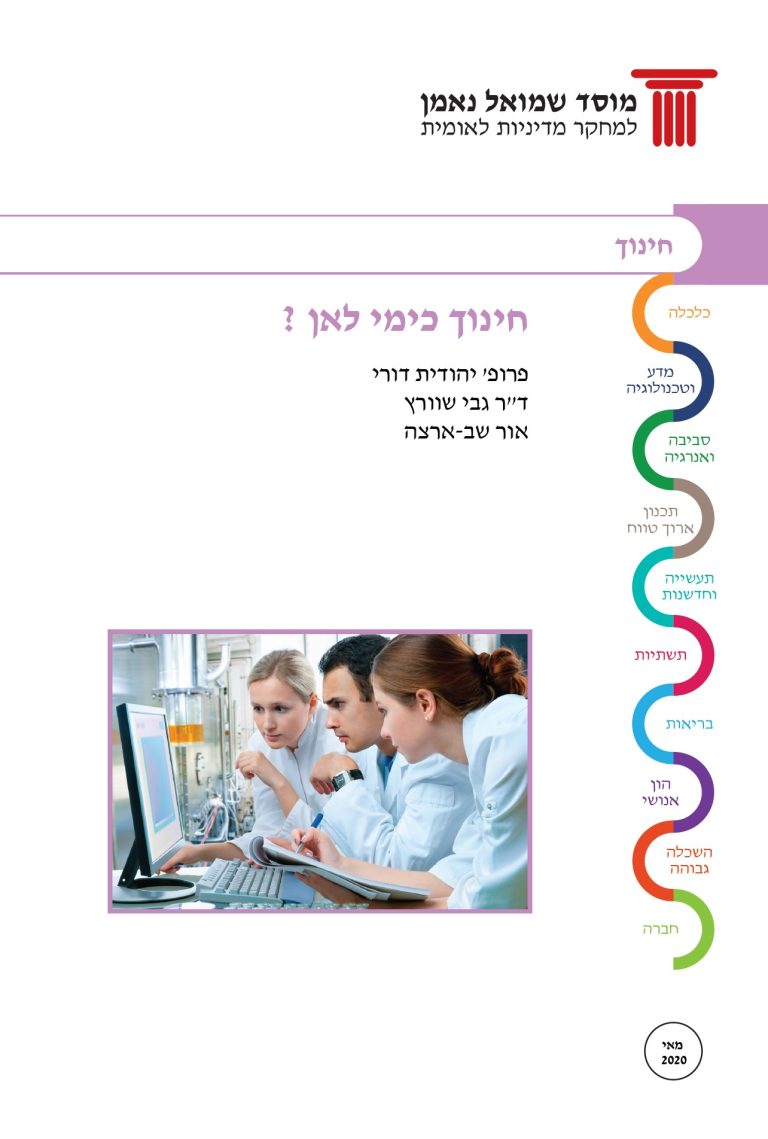In view of the decline in popularity of chemistry in high schools and the decrease in the number of teachers and schools in which chemistry is taught, the current research has examined trends in motivation and reasons for choosing a career in chemistry, biochemistry, chemical engineering, or chemical education and recommend ways to foster these career choices.
The study group included about 200 participants, of whom 25 were chemistry faculty members engaged in research in universities in Israel, about 70 chemists, biochemists, chemical engineers, and other chemistry-related fields in the industry, about 60 first- and second-career chemistry teachers, and about 60 chemistry undergraduate students. Most of the participating pre-service teachers studied in the Chemistry Teaching track of the two-year Views (“Mabatim”) program at the Faculty of Education in Science and Technology at the Technion. The study applied a mixed-methods research approach, based on in-depth interviews and questionnaires.
The findings indicate that the process of choosing chemistry as a major study field and as a career is related to various external and internal motivational factors. These include influential role models, such as a Ph.D. advisor or a high school teacher, personal qualities, such as striving for excellence, exposure to science during middle and high school, and socio-cultural norms, such as the prestige of the profession or family guidance.
The research has practical implications, as its findings can be used to potentially increase the number of students choosing to study chemistry in high schools and universities and to pursue chemistry as a future profession and career. The study recommendations may also help increase the number of chemistry teachers, countering the dramatic drop over the past decade in the number of chemistry teachers, which has been commensurate with the decline in high school and undergraduate students who study chemistry as a major.












